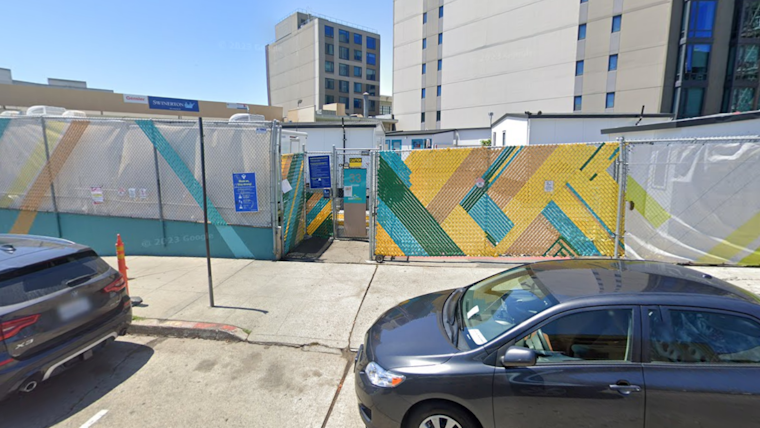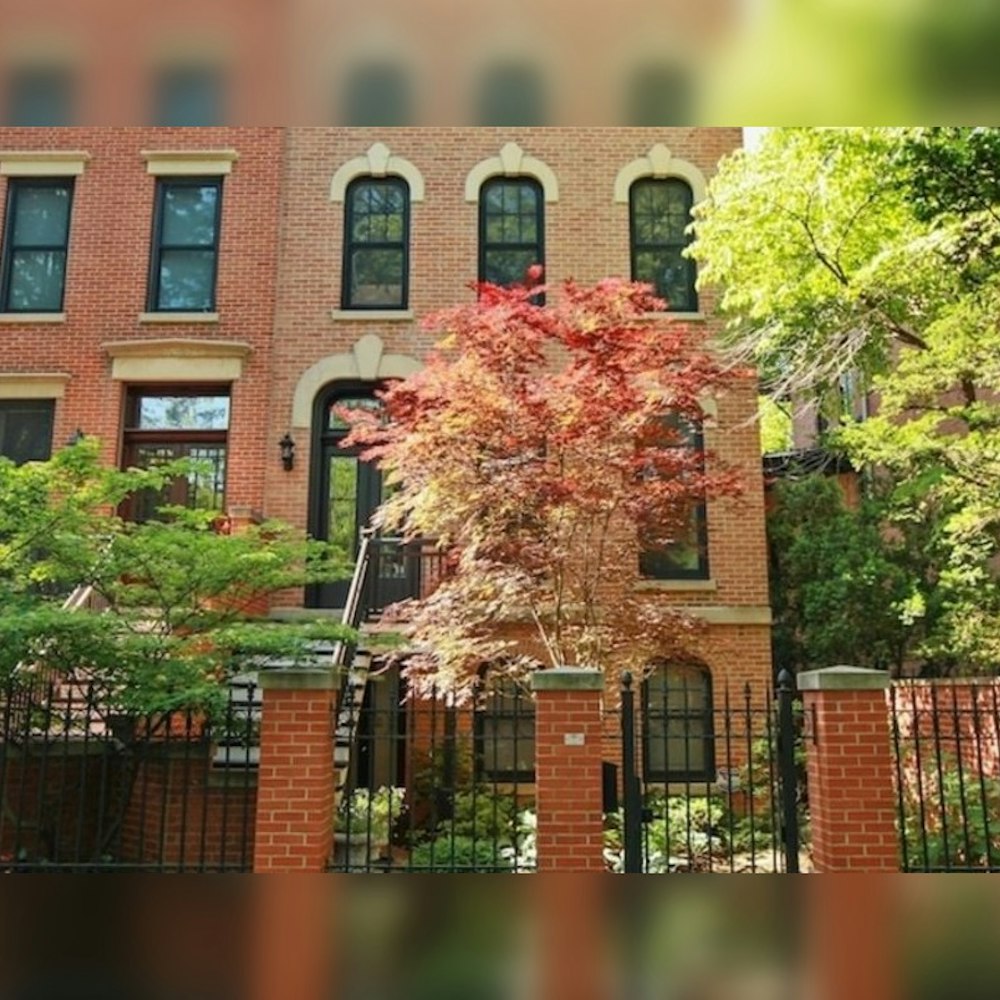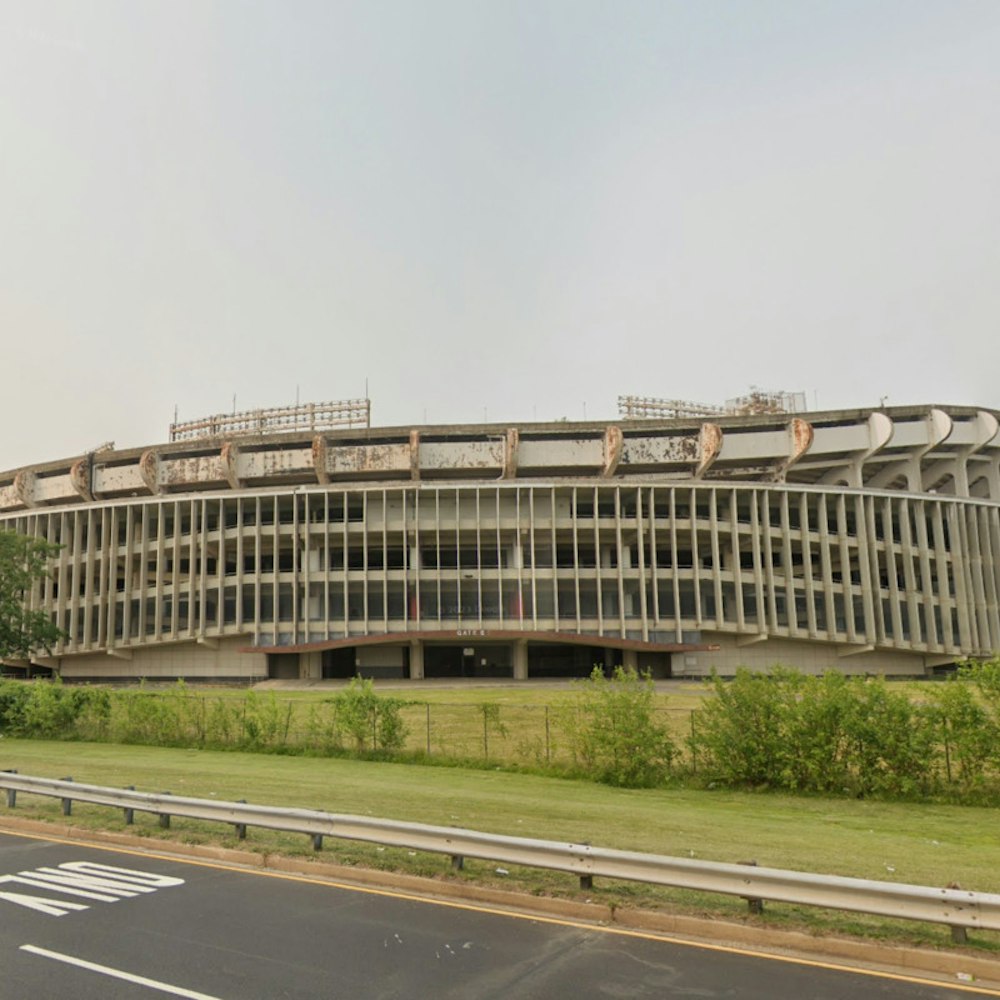
As San Jose's homelessness crisis persists, Mayor Matt Mahan doubles down on tiny homes as a remedy. In a recent X post, Mahan declared, "I’m not a betting man — but if I was, I’d bet on San Jose’s approach to street homelessness." He champions the city's push to expand its village of tiny house shelters, seeing an 11 percent reduction in unsheltered homelessness. Despite the reported successes, there's skepticism about this strategy as a long-term solution.
I’m not a betting man — but if I was, I’d bet on San Jose’s approach to street homelessness. (1/3) https://t.co/h1J3DLUBlw
— Mayor Matt Mahan (@MattMahanSJ) December 6, 2023
According to Vox, San Jose started its tiny house project around four years ago, aiming to reduce contagion during the pandemic. Since then, the initiative has grown to encompass nearly 500 units, with more on the horizon, despite rising costs and construction delays. Mahan espoused the benefits: "We first launched this innovative solution in 2020, and now, with almost 500 safe, dignified units across six locations (and hundreds more in the pipeline!), we've seen an 11% reduction in the rate of unsheltered homelessness." However, the financial viability of this model is uncertain as the city’s budget director flagged the looming $60 million cost by 2030.
While the mayor lauds the decrease in local crime, fire, and blight following the tiny homes' introduction, critics worry these units might become less than temporary. In a statement obtained by Vox, Amy King, CEO of Pallet Shelter, expressed concern over some cities potentially seeing the temporary shelters as a more permanent fixture, which her company opposed. "There’s just so much opportunity for people to take advantage," King said.
But it's not just about the shelters. The Mercury News reports new data on Mahan's progress in tackling homelessness alongside other city issues. For instance, 91 percent of those offered interim housing and 93 percent with permanent options remain housed after a year. Still, the city sees a worrying trend: "For every household who gets off the street, two more become homeless," suggesting that underlying causations still need addressing.









